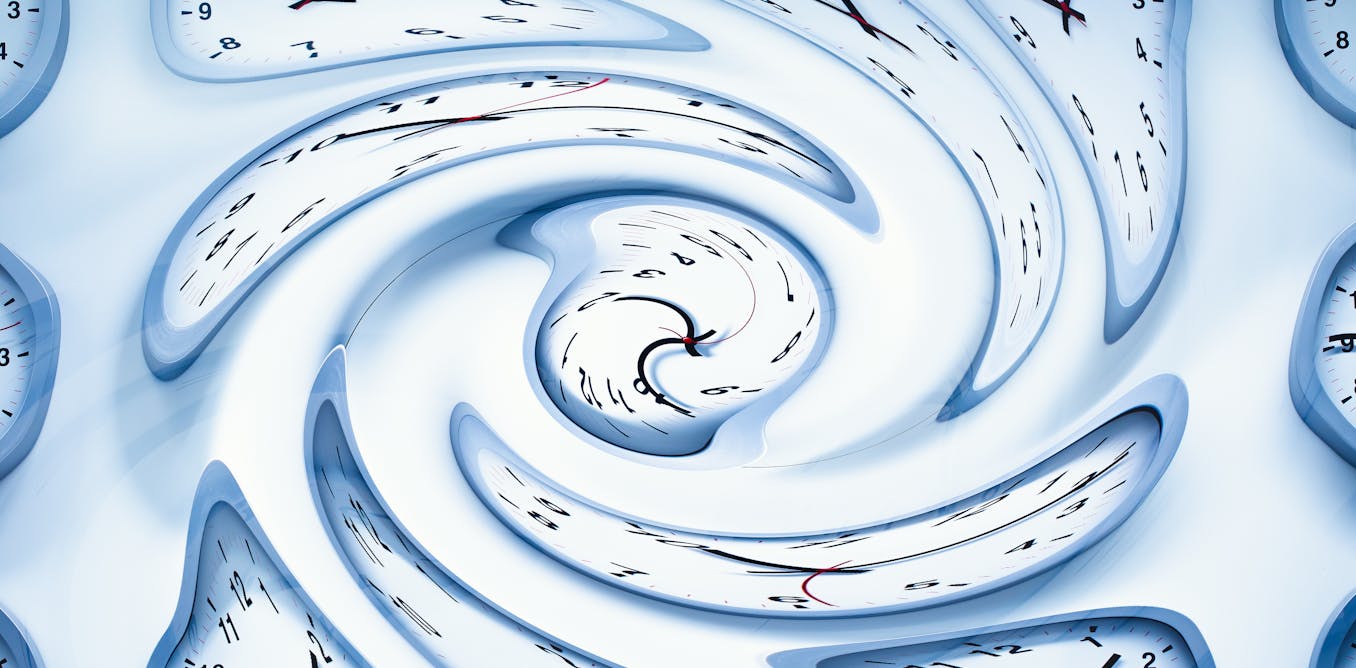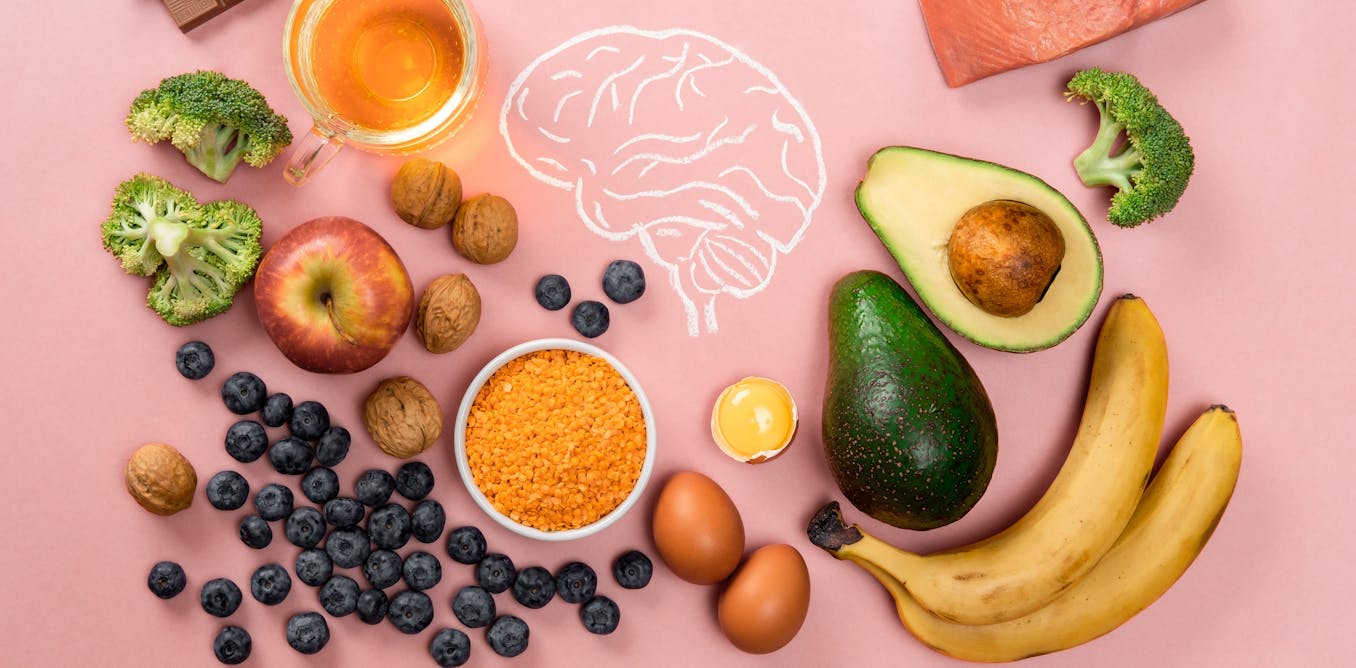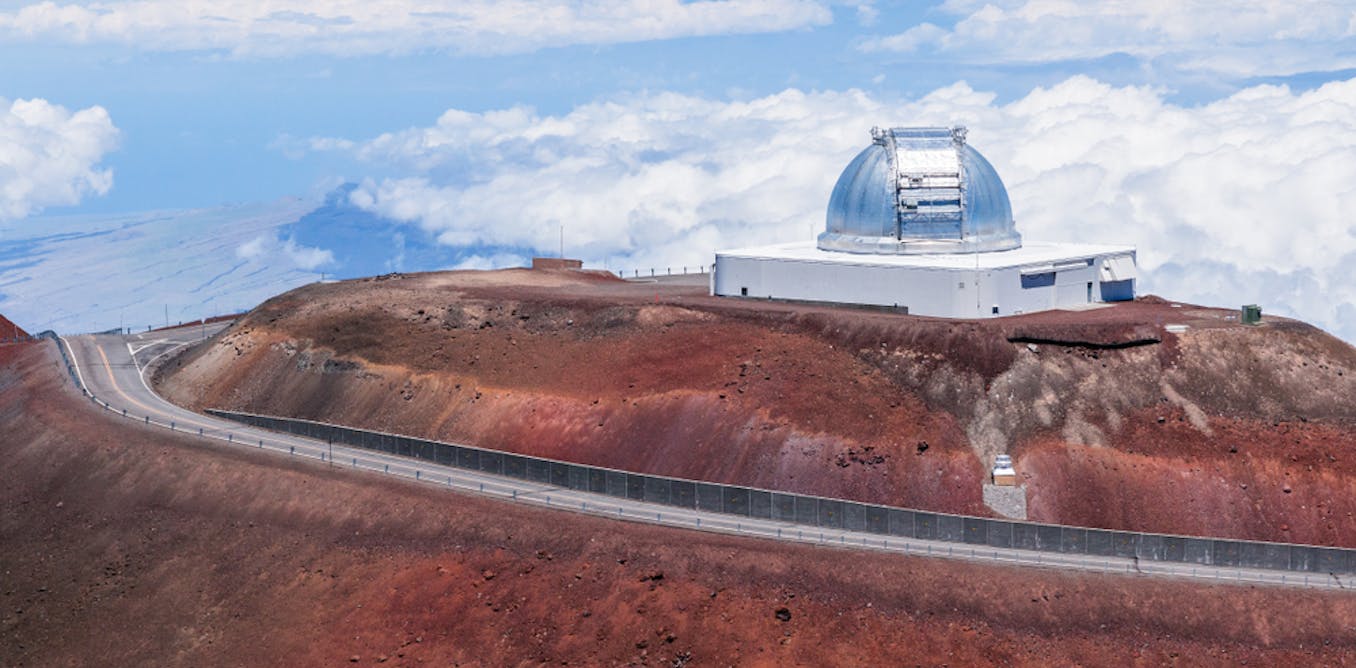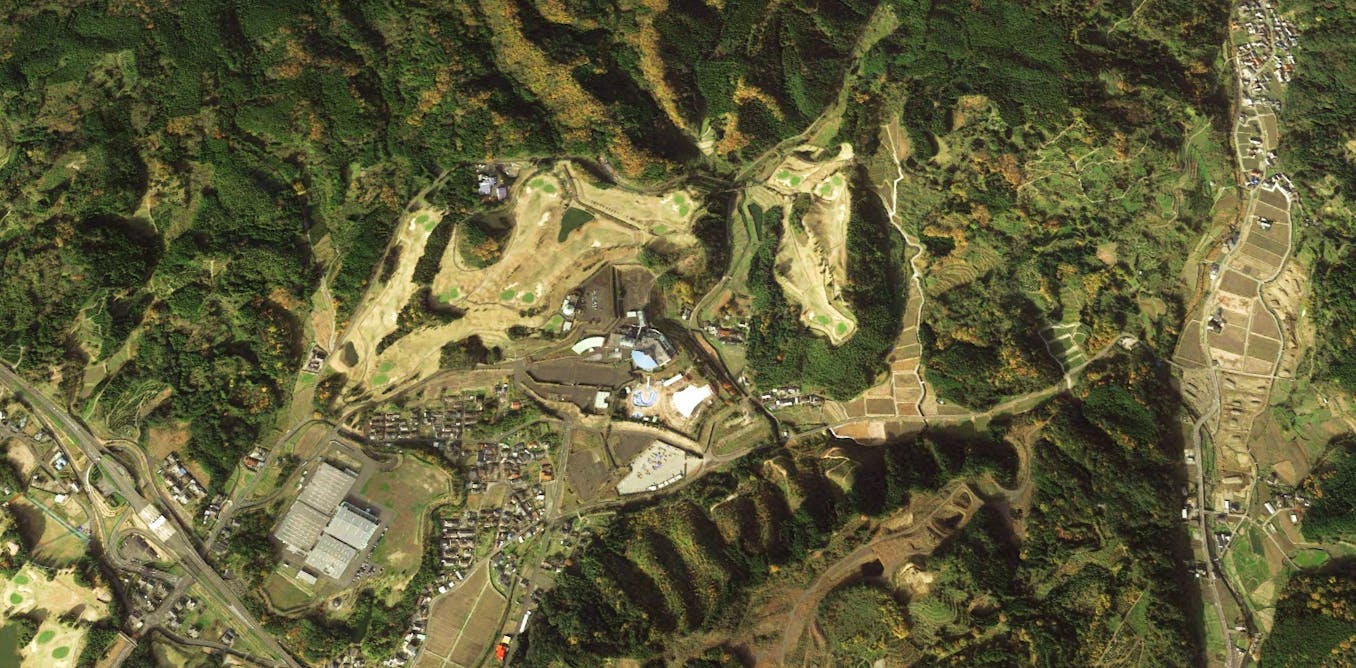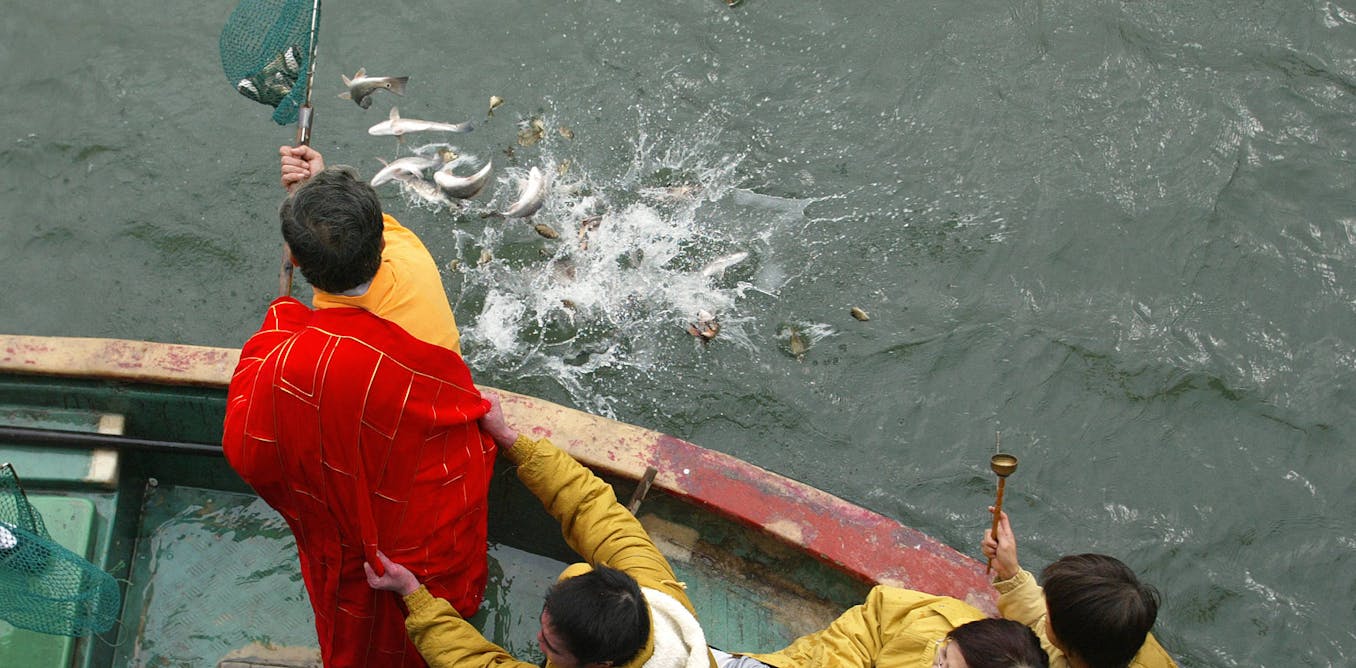With all of the tools at our disposal nowadays — there is the liberty and power to use AI to create to one’s heart’s content, but the rise of numerous and intricate legal questions abound with that usage. Above all, should copyright protect AI output? If it is true that AI output should be protected by the creator, who becomes the owner? Some have said that AI needs to be open source and have zero copyright for any output. Another opinion is that if the AI can’t feel or sense — then it can’t be copyrighted; rather, the person who worked the AI could then copyright the material. However, if AI begins to feel, then the AI gets to copywrite.
The sentiment on this type of question is long and varied, with heated discussions ensuing on all sides. Comments, discussions, and the laws of how to govern this question will likely be with us for decades to come.
How will law decide the outcome of copyright work?
Novels may now be created in days, songs can be produced quicker than you can play them, and drawings can be drawn in seconds, all thanks to generative AI systems like ChatGPT, GPT-4, and Dall-E 2. These systems are based on large machine-learning models that have sampled and remixed the canon of published works.
These and other thought-provoking questions arise that bring up some challenging copyright-related considerations. Currently, AI output cannot presently be protected by copyright. Is that appropriate? In that case, who should possess the copyright — the user, the AI supplier, or the individuals whose content the AI was trained on? Or do we give a copyright to every single one of them?
Other questions might be: how will we (or the law) determine whether someone has used AI for their art/words/or music? Merely asking for transparency may not work. Indeed, software development will need copyright protection for the software itself, but will there be a contract between an author and the AI and its developer? And who will be accountable for errors?
Something may be created using AI, but the new expression of an idea would be the authors, with the resulting expressions needing to be copyrighted. But might a large volume of information or output from a creator, created through an AI system, produce an overwhelming and insurmountable amount of data to be dealt with, thus closing the ongoing human creation?
These and other insights and questions will doubtless plague the human race for some time into the future.
Featured Image Credit: Creation from GoogleDeepMind; Pexels

The post “How will copyright work in the age of AI?” by Deanna Ritchie was published on 01/29/2024 by readwrite.com






